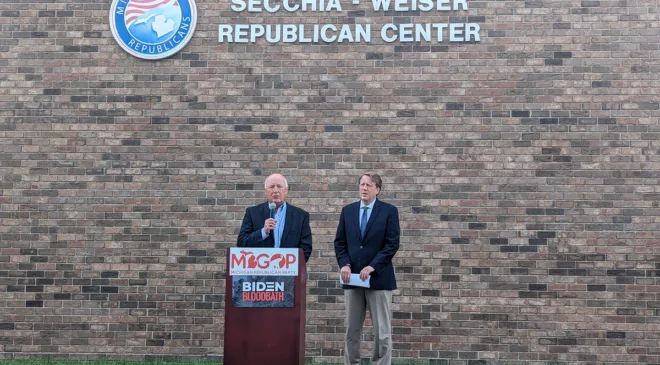City council members appear poised to support tougher rules that would protect London renters and curb so-called renovictions – a situation one politician described as an “epidemic.”
Article content
City council members appear poised to support tougher rules that would protect London renters and curb so-called renovictions – a situation one politician described as an “epidemic.”
Monday, members of council’s community and protective services committee voted unanimously to endorse changes that would regulate the use of N13 eviction notices in London, which are used when a landlord requires a rental unit to be vacant so they can renovate.
Advertisement 2
Story continues below
Article content
The proposed changes include:
- Landlords must get a $400 licence within seven days of the work
- An affidavit is required from the person who gave the tenant the N13
- Approval from an engineer or architect that the repairs or renovations are so extensive, they require a vacancy
“I want to say that we have great landlords in the city,” said Ward 3 Coun. Peter Cuddy, who isn’t a voting member of the committee but attended Monday’s debate. “This bylaw is meant for those rogue landlords that may come into the city with the only intention of making money as quickly as they can on the backs of our good tenants.
“Hopefully this is going to end that practice.”
As rent prices have increased in recent years across Ontario, including in London, so has the number of landlords using N13 eviction notices.
Renters removed from their units due to renovations or repairs have the right under provincial rules to return to their homes at the same rent they were paying before work started.
But critics say the mechanism is being abused by landlords who sometimes take months to complete such work, forcing renters to find other accommodations. That allows the owner to terminate the existing lease and increase rent prices for the next tenant.
Article content
Advertisement 3
Story continues below
Article content
“I see this as an epidemic,” said Ward 13 Coun. David Ferreira. “It’s resulting in a systematic drive to increase our rents, and it’s unravelling a big chunk of the city’s societal fabric.
“The fear of being renovicted is a real fear that people are thinking about and they’re stressing about, and I’ve had enough of that to be perfectly frank.”
Recommended from Editorial
The new rules were endorsed in a 4-0 vote with Ferreira, Elizabeth Peloza, Hadleigh McAlister and Jerry Pribil in support. If it garners an eight-vote majority at June 25’s full city council meeting, city staff anticipate the new rules could come into effect in the first half of 2025.
Public consultations on the changes and possible fines for those found to be breaking the bylaw would take place later this year.
But not everyone is in favour of the new rules, which largely mirror a similar bylaw recently approved in Hamilton.
In a letter sent to politicians earlier this year, for example, the London Property Management Association said a bylaw that imposes a licensing requirement on landlords pursuing N13 evictions would conflict with Ontario’s Residential Tenancies Act and is beyond the scope of city hall’s power.
Advertisement 4
Story continues below
Article content
It will cost $581,000 to implement the bylaw, due to the required hiring of six new staff. Deputy Mayor Shawn Lewis asked whether the $400 fee – below Hamilton’s $750 – will be enough to recoup that cost.
Scott Mathers, city hall’s deputy city manager, said the figure was calculated based on other licensing programs now in place and at a price point that won’t make landlords “go underground” and avoid getting city permits for renovation work.
He also noted that while Hamilton’s bylaw allows for one permit for work done in an entire building, London’s proposed changes would apply to each unit in which work will be done.
Article content








Comments